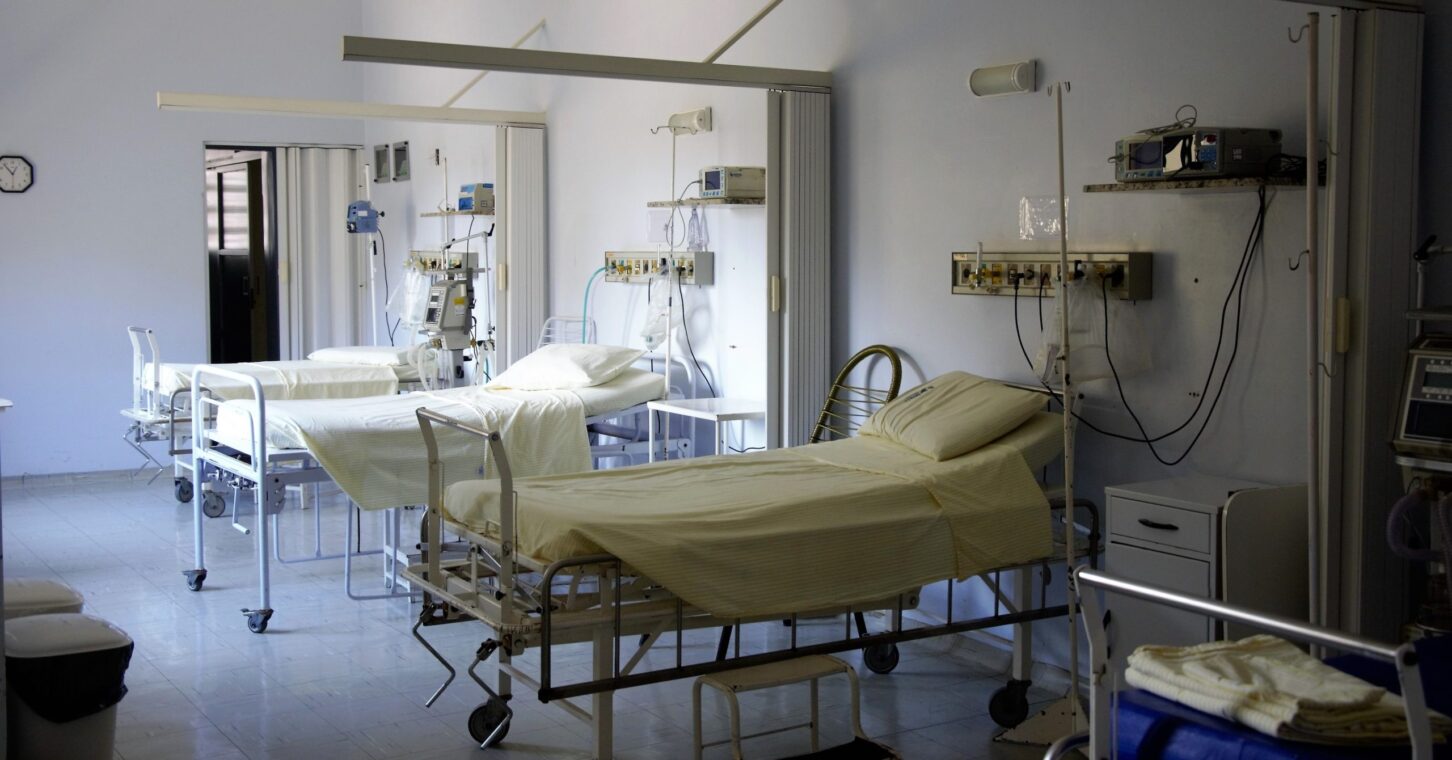
Why would a health system in Tennessee have any legal standing to stop the building of a hospital in Georgia?
That is the question weighing on community leaders in Northwest Georgia after CHI Memorial’s Georgia hospital, currently located in Fort Oglethorpe, announced plans to relocate and build a new facility five miles away in Ringgold.
Among CHI Memorial’s stated goals for this move are its wishes to “replace the nearly 70 year old hospital with a modern, efficient facility” and to “relocate closer to I-75.” While both the current and proposed hospital sites are located within Catoosa County, CHI Memorial has already established a medical office complex in Ringgold that includes imaging and outpatient surgery where the hospital would be built.
However, two Tennessee hospitals that are part of HCA’s Parkridge Health System, Parkridge Medical Center in Chattanooga and Parkridge East Hospital in East Ridge, asked Georgia’s Office of Health Planning to prevent the project from moving forward. They argued “the relocation will duplicate services in a region that is already well-served while reducing access to care for the patient base historically served by CHI Georgia, particularly Walker County residents.”
State policymakers are expected to decide the outcome by April 29.
These two health systems are currently waiting for the state to render a decision thanks to Georgia’s Certificate of Need (CON) law. Established in 1979, the program requires health care providers to gain regulatory approval from the state before offering new or expanded services.
The fact that CHI Memorial has made it even this far is miraculous.
The current facility was built in the early 1950s and opened as Hutcheson Medical Center. Its presence was deemed so vital to the region that governance was shared among a unique tri-county hospital authority with representatives from Dade, Walker and Catoosa counties.
As with most hospitals built during this time, it was financed by the federal government under the Hill-Burton Act of 1946. This legislation served as a dual effort to upgrade the nation’s healthcare infrastructure and to provide jobs for veterans returning home from the war.
The hospital experienced a downturn in the early 2000s that led to numerous leadership changes, a management contract that ultimately ended up in court, and financial losses that in most years ran to the millions. The hospital even closed its doors for weeks in December 2015, fully shutting down before a buyer could be found to reopen the hospital.
By the time Catholic Health Initiatives (CHI) acquired the hospital in 2017, it had been renamed Cornerstone Medical Center and was lacking both doctors and patients as local citizens traveled to Chattanooga for healthcare. After CHI spent millions of dollars revitalizing the Fort Oglethorpe facility, its Ringgold announcement marked the culmination of bringing local healthcare in the tri-county area back from the brink.
A similar issue is taking place in Jackson, Ga., part of the state’s fast-growing corridor along I-75 south of Atlanta. Community leaders are seeking to replace their 25-bed critical access hospital, built in 1962 with the same Hill-Burton Act funding as Hutcheson, with a new facility that will better serve the area’s population growth.
Rather than endure what was likely to be an expensive and arduous CON process, the local state representative carried a bill during this year’s legislative session intended to eliminate CON for new hospitals in the state’s rural counties.
To reiterate: Local stakeholders decided it would be easier to change state law for 120 rural counties than to gain the state’s regulatory approval for their project.
Testimony about the bill in a committee hearing was especially revealing despite – or maybe because of – its lack of clarity. Specifically, committee members and a bill opponent could not establish whether a hospital that relocates within a county even requires CON approval under existing law. Ultimately, the answer to this question was inconclusive, and the bill failed.
We ask again: Why is this system in place?
Supporters of CON will insist the system is working as intended. These hospitals, or other proposed projects, are forced to demonstrate why the state should allow them to proceed.
Meanwhile, the community is responding in Northwest Georgia. CHI Memorial has established a webpage for citizens to voice their support for the new hospital. One of Georgia’s U.S. senators, Jon Ossoff, has even spoken in favor of the project, an atypical move for a local process.
Rather than asking why one hospital can challenge the standing of another across state lines, perhaps we should be asking why this system still exists.
